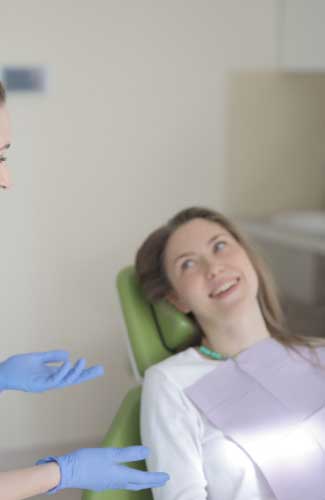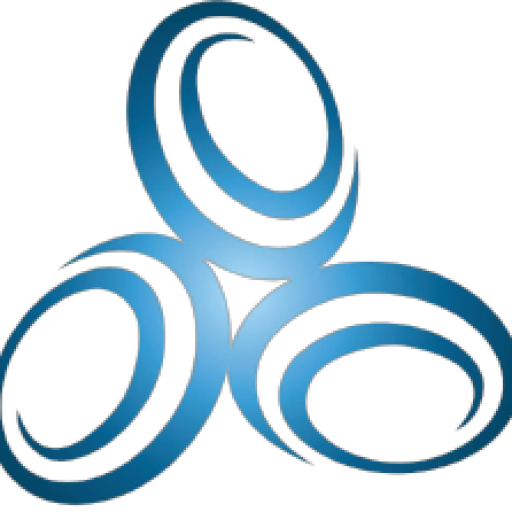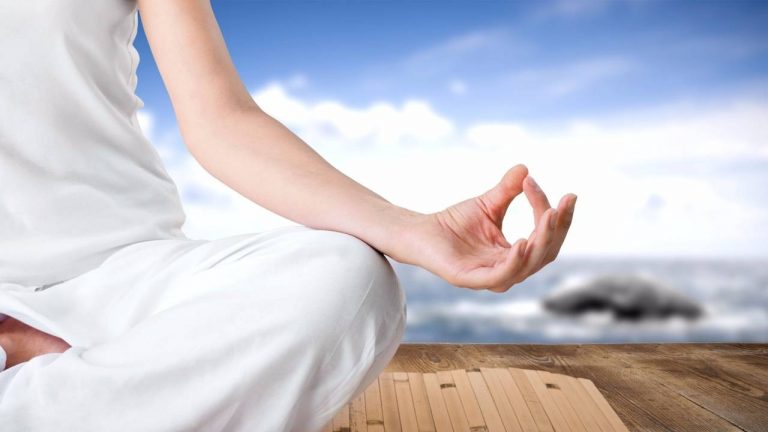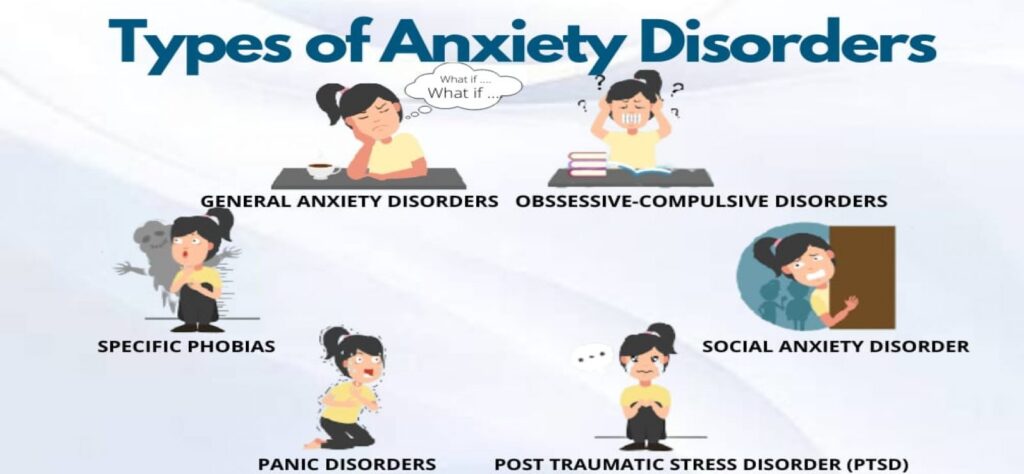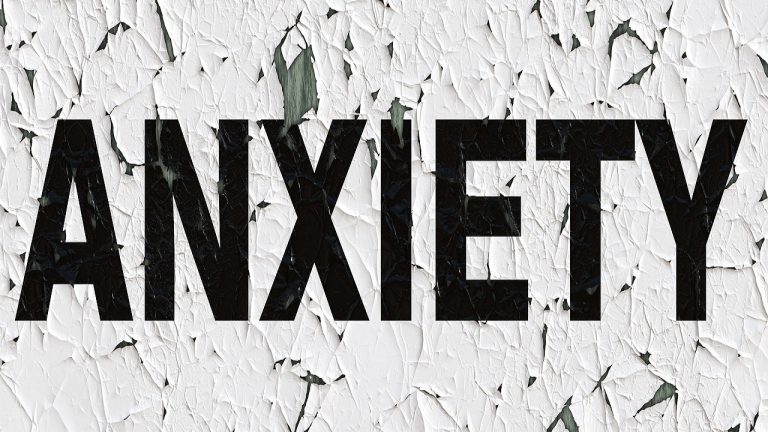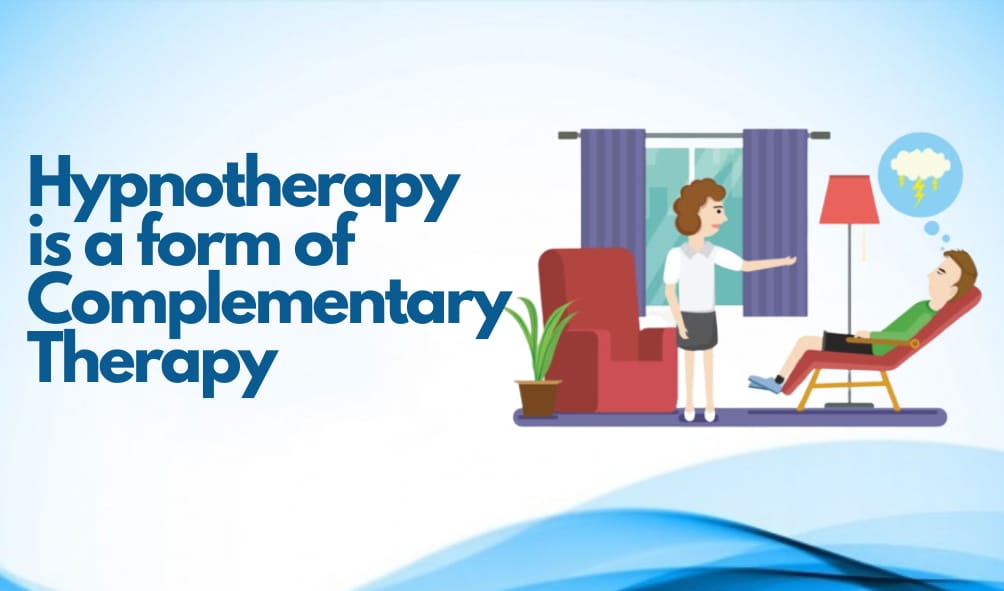



Our Services
Bringing peace to your body and mind
We appreciate your trust. Our clients choose us and our practices because they know we're the best.
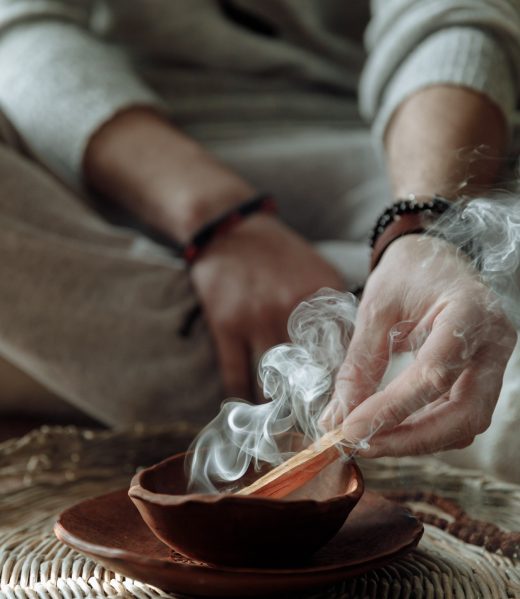
OUR PHILOSOPHY
At MBS, we believe that good health is for everyone. The physical, mental and spiritual aspects of our health are all interconnected. When they are in harmony, holistic well-being and personal growth can be achieved. Through our holistic services of Yoga, Counseling, Pranic Healing, Acupressure, Hypnotherapy, Homeopathy and several other healing techniques, all performed by qualified professionals, we endeavor to empower our clients to attain happiness and prosperity.
ABOUT US
Come join us at MBS Holistic Clinic– and live a life full of health and happiness
MBS Holistic Clinic is a comprehensive wellness center offering various services that help build and maintain a healthy body and mind, thereby restoring the balance of health and wellness.
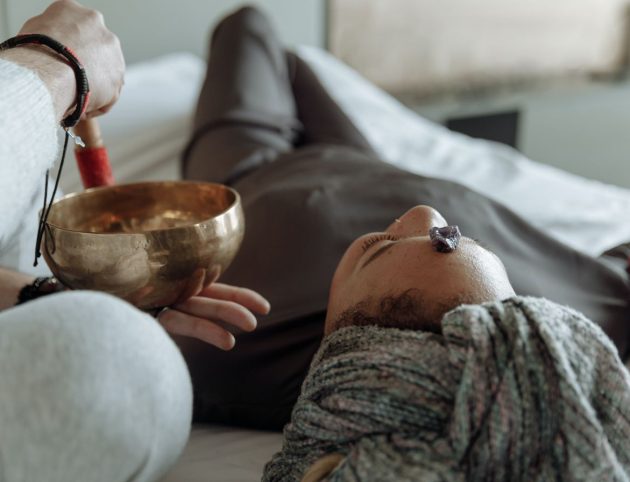
Meet our Experts
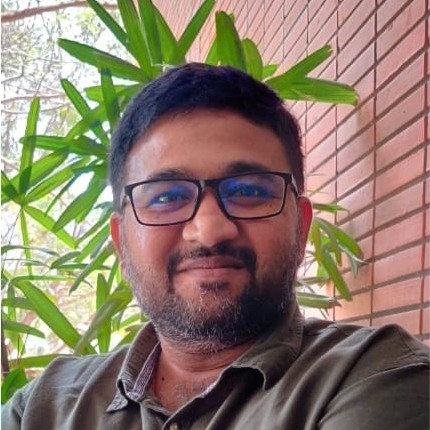
MR. MITESH THAKKAR
Psychologist / Hypnotherapist / Pranic Healer

MR. MITESH THAKKAR
Psychologist / Hypnotherapist / Pranic Healer
Founder & Owner of MBS Holistic Clinic | Psychologist, Hypnotherapist, Pranic Healer, and Yoga Teacher
With over 20 years of experience, I have helped over 4000 clients and students to re-balance their physical, mental, and emotional health.
With many years of experience delivering corporate workshops and educational training programs, I proudly deliver workshops in the workplace to support clients by teaching chakra healing, wellness, and stress management.
EXPERIENCE
+15 yrs. experience in Psychologists & Hypnotherapist
+20 yrs. experience in Pranic Healing, Reiki
+12 yrs. Workshop & Training
Corporate Experience:
ISRO, HPCL, HP, TCS, TATA Elxsi, TATA Coffee, Rolls Royce, Net app, ABB, Mu Sigma, Exon Mobile, Subex, Indian Airforce, Bank Of Baroda, Indian overseas bank and many more organizations.
EXPERIENCE
Founder & CEO
January 2011 –: MBS Holistic Clinic
Founder & CEO
January 2015 –: MBS Harmony
Member – Indian Yoga Association Karnataka State Chapter Committee August 2019
Director
February 2021 –: UNESAR PRIVATE LTD
Director
October 2012 –: Sahastra Urja Private Ltd
OUR CERTIFICATIONS AND APPRECIATIONS
A quick peek of our Certifications and Appreciations

ISO CERTIFIED COMPANY
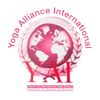
ISO CERTIFIED COMPANY

ISO CERTIFIED COMPANY
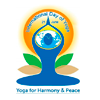
YOGA DAY
TESTIMONIALS
Contact us
Don't Hesitate Contact us for any Information
Call us to this number for immediate support
+91-8884764898
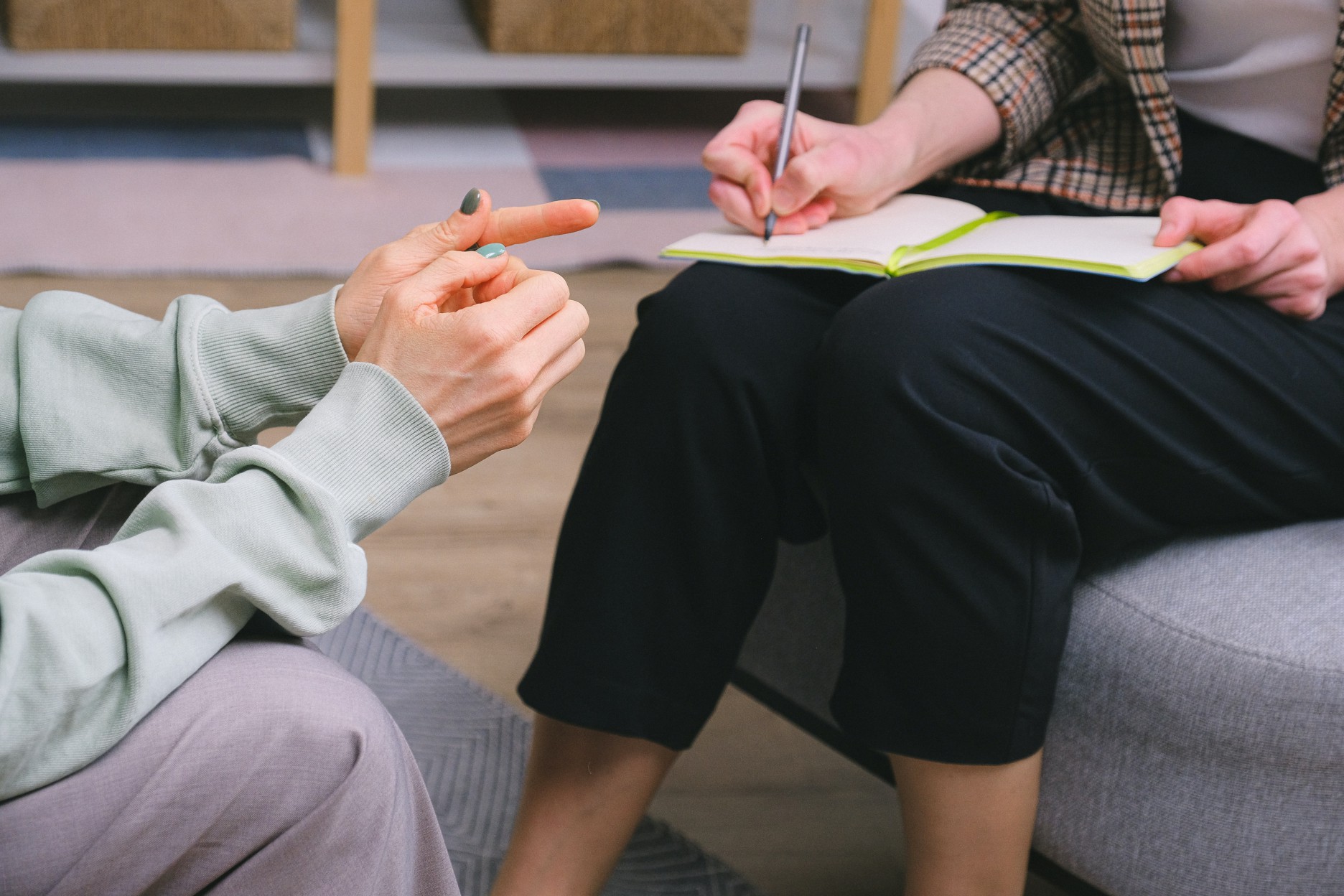
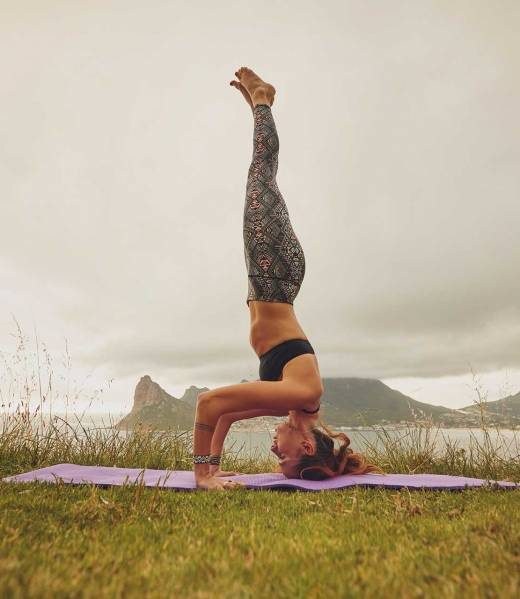
THERAPEUTIC SERVICES
Apart from our regular yoga classes, yoga teacher training, homeopathy, and meditation, we offer various other therapeutic services such as:
- Pranic healing
- Counseling
- Psychological consultation
- Crystal Therapy
- Hypnotherapy
- Couple’s Therapy
- Acupressure
- NLP
Yoga
People Of All Ages Can Benefit From Yoga’s Physical And Mental Health Benefits. Yoga Is Also An Important Part Of Your Treatment If You’re Sick, Recovering From Surgery, Or Suffering With A Chronic Condition. It Can Help You Recover Faster. It Boosts Immunity, Improves Overall Fitness Level, Relieves Stress, Increases Energy Levels, Prevents Common Ailments, And Much More.
Latest Posts & Articles
The 7 Chakras – A Beginners Guide To Your Energy System
The word ‘chakra’ is derived from the sanskrit word meaning...
Read MoreTypes of Anxiety Disorders
We spoke a little about anxiety disorder and how to...
Read MoreBy Taking Yoga Training We Can Manage the Face of Anxiety
Relief from anxiety and stress is now only a yoga technique away!...
Read MoreHypnotherapy is a Form of Complementary Therapy
What is hypnotherapy? Hypnotherapy is a form of complementary therapy...
Read More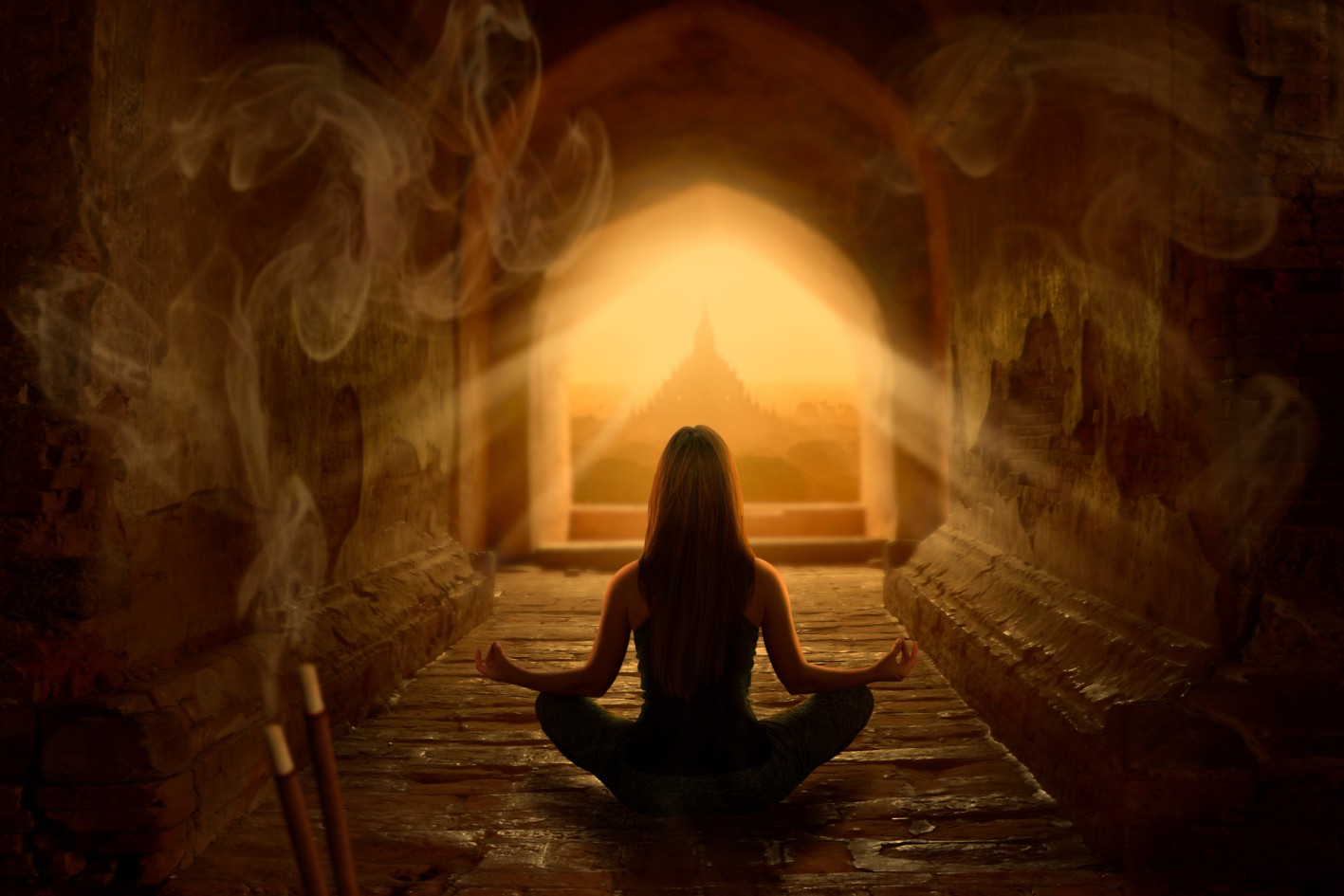
Heal Yourself With Supportive Care And Treatment
MBS Holistic Clinic offers supportive care and treatment for both children and adults. From helping children with their mental development from an early stage, to providing therapy and consultation to adults suffering from stress, PTSD, or any other mental illness, our therapists and psychologist are determined to help everyone recover from their problems and trauma. We believe that acknowledging your need for mental healthcare is the first step to a happy life. Book an appointment with us and begin your journey of recovery and self-care.
Location
CONTACT MBS HOLISTIC CLINIC
Call Now +91-8884764898 and receive immediate for you and your Family
Clinic pictures
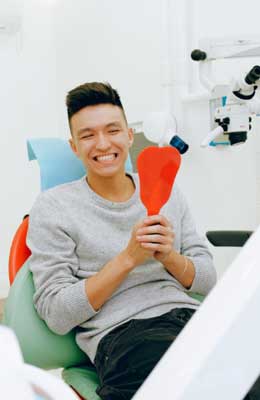
Archibald Cruise – Porcelain Veneers
Paul Molive – Teeth Whitening
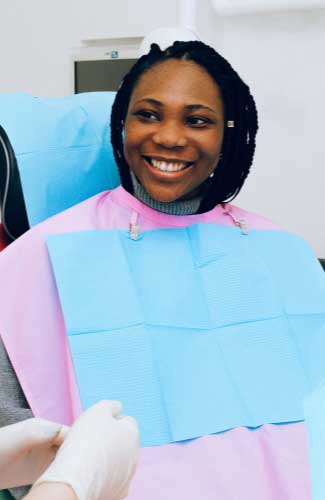
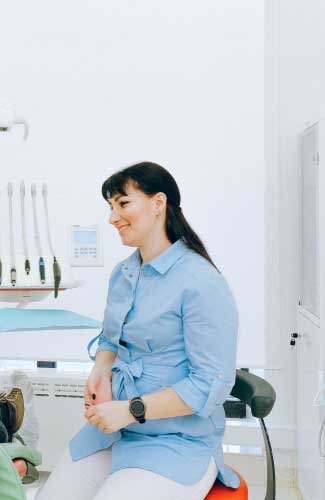
Bob Frapples. – Same Day Implants
Andrew Mariano – Same Day Implants
